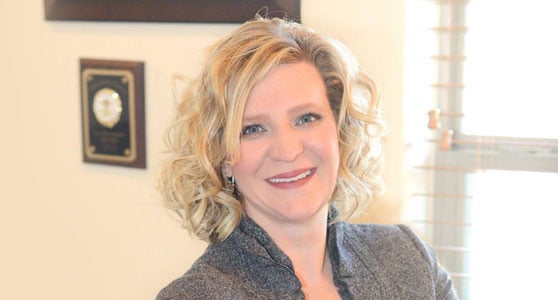Turning 18 is a big life milestone. As a legal adult, you have the newfound freedom to vote in elections, gamble, open a bank account or enlist in the military. However, it also means that if you’re convicted of a crime, you’ll likely be facing much harsher consequences and the lasting stain of an adult criminal record.
But while the law may consider 18-year-olds to be legal adults, a new report from the Task Force on Emerging Adults in the Criminal Justice System illustrates that young adults may not be as “adult” as once thought. In fact, the report classifies individuals aged 18-24 as “emerging adults.”
What to know about emerging adults
Neuroscientists have established emerging adulthood as a crucial period between childhood and adulthood. According to the report, while emerging adults can make deliberative decisions like adults, they are also more likely to be:
- Impulsive
- Susceptible to peer pressure and other influences
- Less future-oriented
- More unstable in emotionally charged settings
Essentially, emerging adults don’t yet have the cognitive ability to make rational, adult decisions. Perhaps not surprisingly, research shows that offenders in this age group usually age out of crime by their mid-twenties.
Should the juvenile system raise their age?
According to the task force’s findings, emerging adults are uniquely responsive to rehabilitative programs. As a unique class of individuals, emerging adults require developmentally tailored programs and services for their success.
The group argues that raising the age of the juvenile justice system to include 18, 19 and 20-year-olds would provide the best chance at salvaging the futures of young adults. An adult criminal record can limit job opportunities, housing options and access to higher education. With more access to counseling and training in the juvenile system, emerging adults would have the support they need to turn their lives around and avoid reoffending.
Emerging adulthood is a critical stage in a young person’s life. By creating a space for them in the juvenile justice system, young people would have more opportunities to truly outgrow their mistakes.



